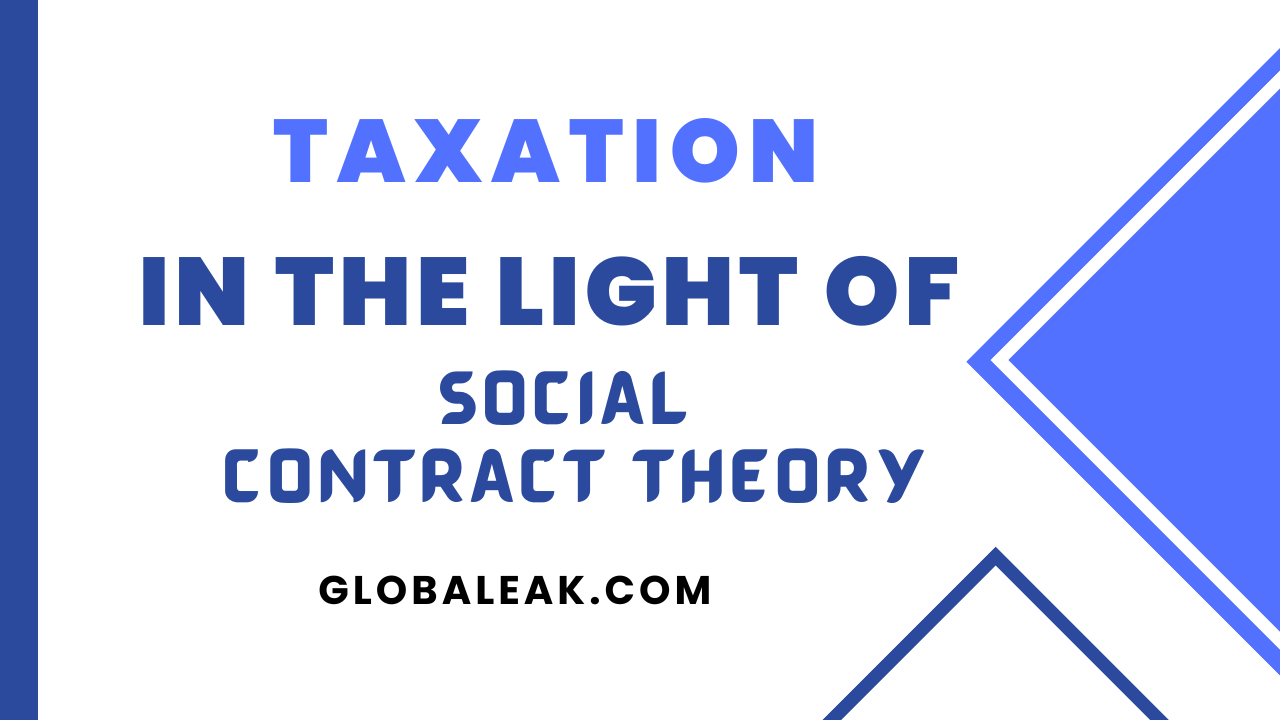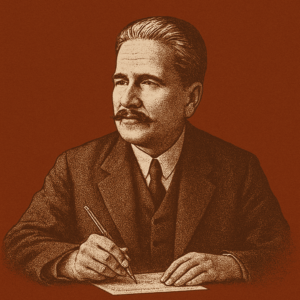Imposing high taxes on public will create injustice among citizens?
Imposing high taxes on public creates injustice among citizens in a number of ways. Citizens around the world describe their countries’ tax systems as unfair, but from a different standpoint.
1)- Higher taxes reduce the purchasing power of citizens. Working class or those who belong to the agricultural or any other low paid profession won’t be able to comply with the high taxation.
2)- Social stratification also contribute to tax injustice. A person living at a remote location might not be availing quality public services but he/she has to pay high in taxes. This creates horizontal inequality.
3)- A person who’s at backend in job-status, education, tax-awareness might not be able to pay high taxes. Imposing high taxes on him would undermine the principles of vertical equity. The concept of vertical equity implies that some people are able to pay higher taxes than others.
4)- If a person is availing social security benefits from the state on account of low savings then he’s also inducing tax injustice to his brother who worked hard, earned well and paying high in taxes. Here the underlying was the personal choices of tax-filers that became the basis for injustice. This is in contrast to the idea that wealthier individuals should contribute more in taxes.
5)- High tax on sources of income also creates injustice. Salaried class and those getting paid via banking channels are obliged to pay more taxes than those who earn via undocumented channels (by hand, Hawala Hundi).
6)- High income means you are supposed to pay more on that income. A general belief is that the income tax makes people who choose to work more pay more. On the contrary, a person who enjoys more and work for lesser hours would be paying low taxes mainly because of his low income.
Hence, no tax system in the world can be regarded as completely fair or just. According to John Rawl’s Theory of Justice, the concept of “justice” itself is very often defined by resorting to artificial constructs; it is not based on universality of thoughts. And, if there is a generally accepted form of justice somewhere, then it is not universally applicable. Every society is just in its own way.
High tax problem in the light of Social Contract Theory
In order to understand the high tax problem in the light of Social Contract Theory, a bird’s eye view of that theory is essential.
The central assertion that social contract theory approaches is that “law and political order are not natural, but human creations”. The social contract and the political order are legitimate only to the extent that they fulfill their part of the agreement. A number of philosophers including Thomas Hobbes, John Locke and Jean-Jacques Rousseau wrote books about social contracts. They saw good government as coming from social contracts. Rousseau wrote a book called The Social Contract.
The importance of social contract can be inferred from the fact that both the United States Declaration of Independence and United States Constitution use the theory of social contracts.
In the words of John Locke and Rousseau, we gain civil rights in return for accepting the obligation. In terms of high tax problem, the individuals pay high taxes and get some public services from the state in return.
According to the social contract theorists, when the government fails to secure their natural rights (Locke) or satisfy the best interests of society (called the “general will” by Rousseau), citizens can withdraw their obligation to obey. In taxation terms, this relates to the idea of tax Morales. People are ought to pay high taxes as long as they perceive that they’re getting something in return from the govt. If people feel that the government is failing to provide the quality services, then they can evade taxes.
People’s tax Morales are also associated with provision of public services like healthcare, education, and security. The problem with the third world country like Pakistan is that majority of people either belong to agriculture sector (low paid) or getting paid via undocumented channels. This renders the government to collect high taxes or even government remains clueless about the right assessment of income of people. Things like that surely results in tax inequity thereby reducing the tax Morales of people. This is exactly in accordance with the Hobbes idea of social contract which says that citizens are not obligated to submit to the government when it is too weak to act effectively to suppress factionalism and civil unrest.
Social Contract philosophy propagates the idea that free man contact with each other to establish a civil society. This correlates with the creation of government as a legitimate authority to govern the people and also the collection of revenue (taxes) to ensure public spending thereafter. Moreover, social contract is based on trust factor as well. As long as citizens trust the legitimacy of government, they continue to pay taxes. If they see unfair treatment or discrimination, then they might back off from tax obligations.
You can also read: The Hands That Rocks The Cradle Rule The World
📍 English Language Educator | Blogger & Content Strategist | 7+ Years in Educational Blogging
Nosheen Bashir is a dedicated English teacher and experienced blogger with over seven years of expertise in content creation and educational writing. Passionate about language, literature, and effective communication, she combines her teaching experience with blogging skills to create insightful, research-backed content that helps learners and educators alike.
🔹 Expertise & Achievements:
✔ English Language Education: A skilled educator with years of experience in teaching English grammar, literature, and communication skills to students of varying levels.
✔ Educational Blogging: Running a successful blog for 7+ years, delivering well-structured, engaging content on language learning, writing techniques, and academic success.
✔ SEO & Content Strategy: Specializes in creating high-ranking, authoritative articles that follow Google’s EEAT principles, ensuring content that is both informative and search-friendly.
✔ Student-Centric Approach: Committed to making English easier, engaging, and accessible, helping readers and students improve their language proficiency.
🚀 With a passion for teaching and writing, Nosheen Bashir is dedicated to crafting educational content that empowers students, teachers, and language enthusiasts worldwide.









